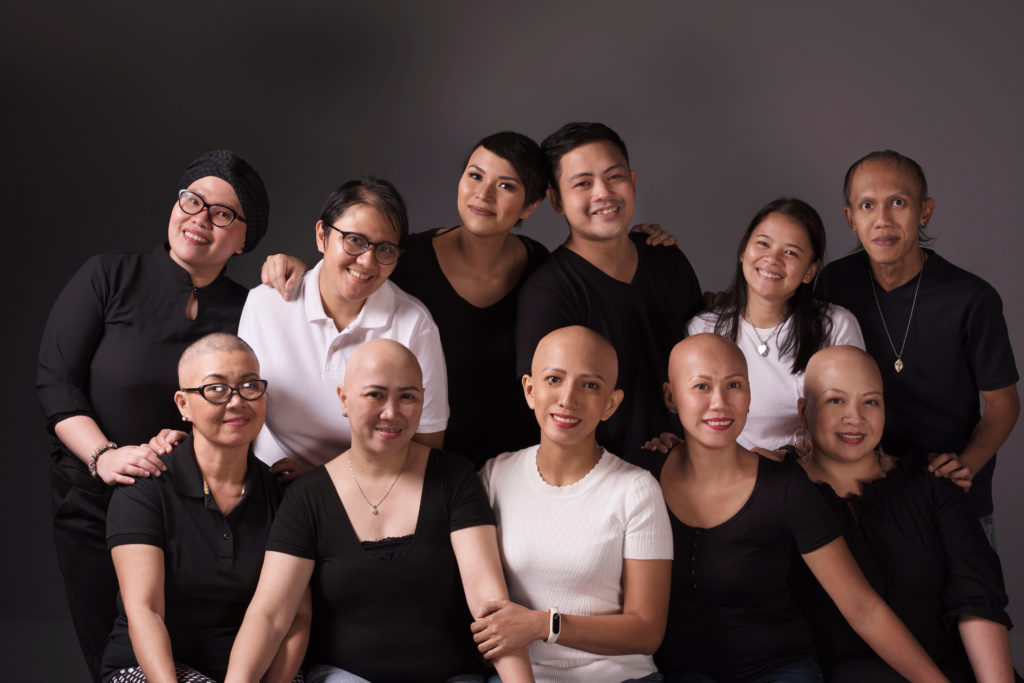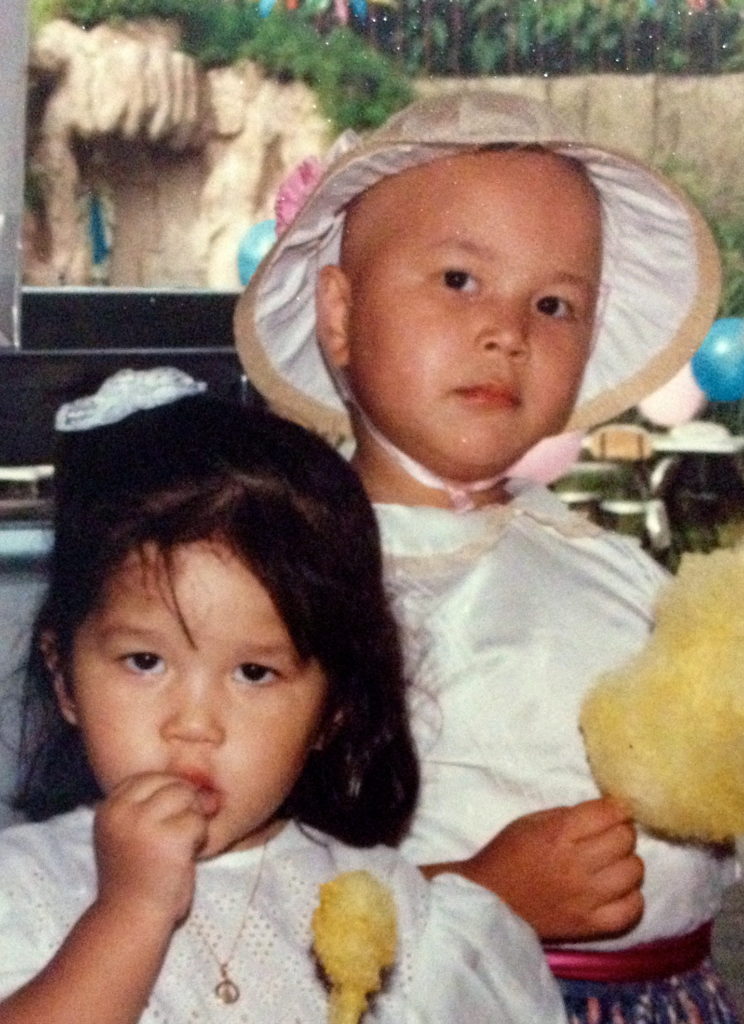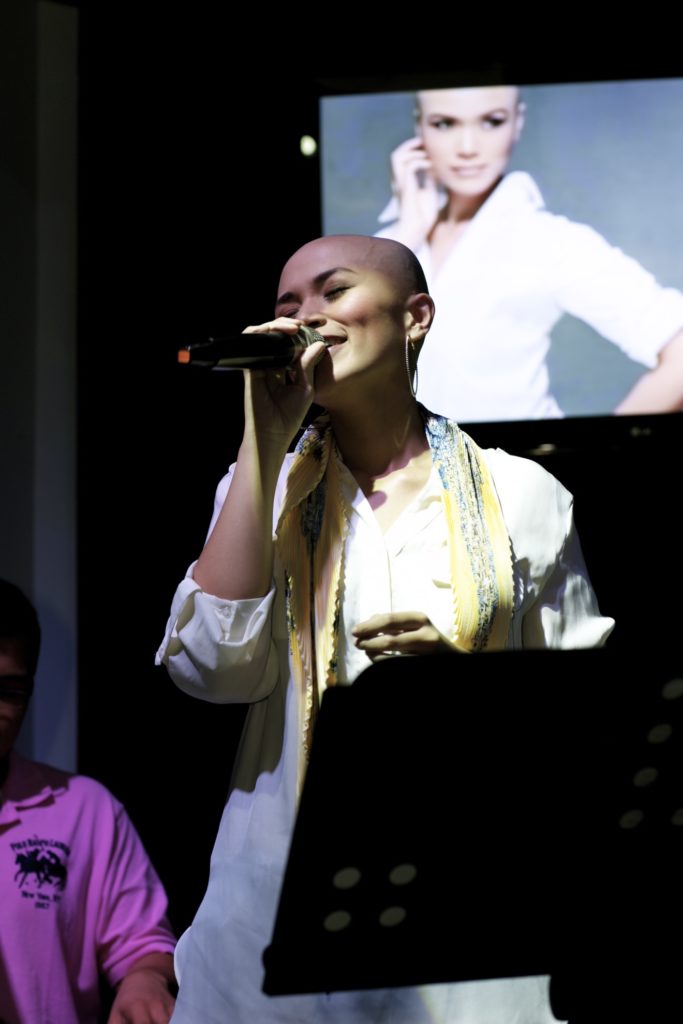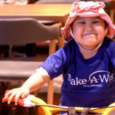Alopecia isn’t a very common condition that is talked about in the Philippines, but people get alopecia in different forms at different stages of their lives.
In case you haven’t heard of it yet, alopecia is an autoimmune condition where your immune system mistakenly attacks and destroys the hair follicles instead of defending it. This results in bald patches, partial or complete hairloss (including eyebrows, lashes and other body hair). Unfortunately, because most people are ashamed of getting alopecia or simply dismiss it as a non-threatening condition, cases are not usually reported and there are no existing statistics here in the Philippines.
There is, however, a support group called Alopecia Philippines which seeks to help those with the condition to “SEE beyond Alopecia”: Support, Educate, Empower. Abby Asistio is part of this. She shares that they usually meet every few months and regularly connect on their Facebook group. Right now, the group has around 2,000 members composed of people with alopecia, as well as their friends and family.
Abby has had alopecia since she was just 4 years old. “It was very difficult at first because it was clear to me that I was different,” she shares. “I was not normal and was incomplete as a person. Growing up I was taught that the hair is the crowning glory of a woman. That made me feel that I could never be 100% feminine and beautiful because of it.”
Because she was so conscious about it, Abby used to wear hats and wigs. “I would always be concerned about what other people might be thinking of me — that they are disgusted by me or are pitying me because of how I look,” she shares. “I’ve experienced having my wig fall off and it was very embarrassing. There was a time someone intentionally pulled my hat off and that was heartbreaking.”
Abby eventually learned how to cope with both the condition and the way others saw her because of it. “It was only later on that I realized that more than anyone else, I was the one with all the negative thoughts and judgements about myself. It was my mindset that was limiting me as a person and not my alopecia.”
Since Abby grew up without having someone she could look up to who was going through the same thing, she started an advocacy to precisely address this problem. “I want the current or next generation of people with Alopecia to know that they have a family and support system that could help make this process of acceptance and healing faster and better,” she says.







